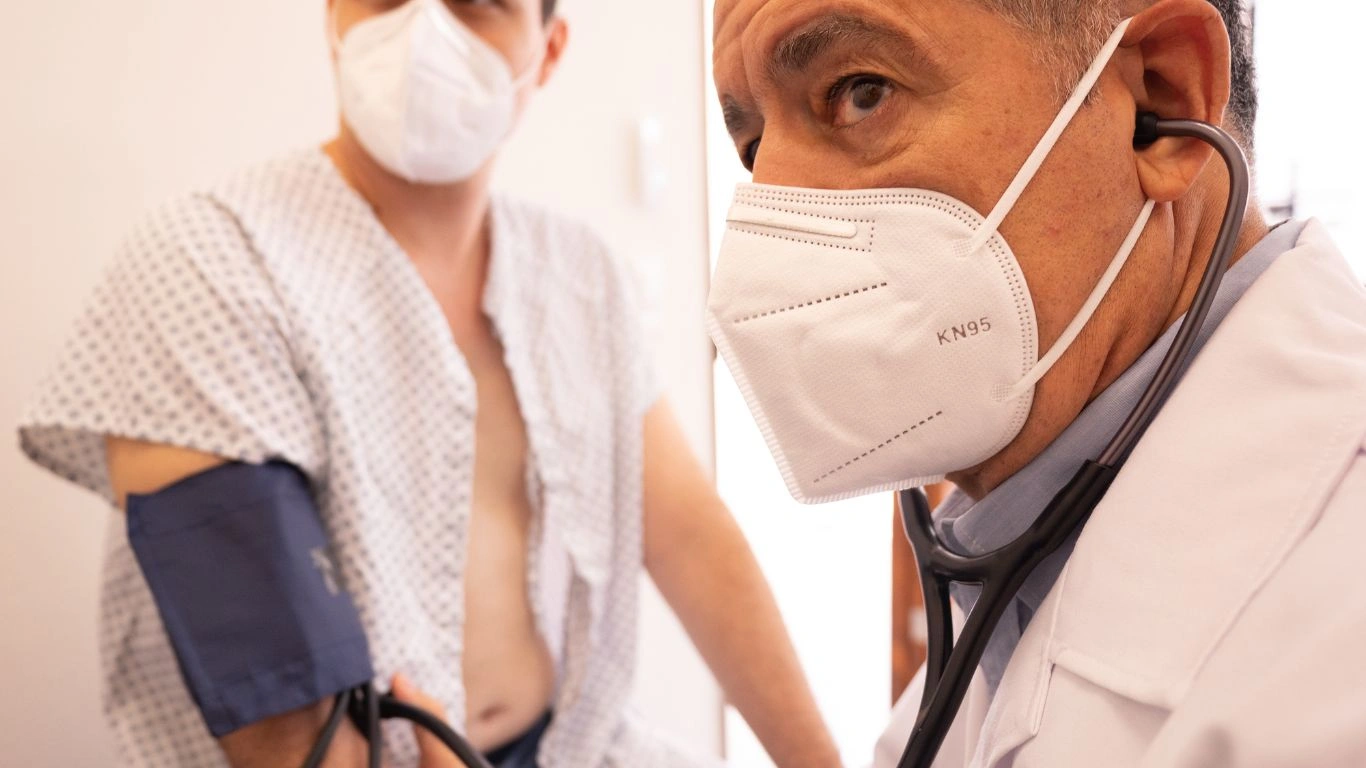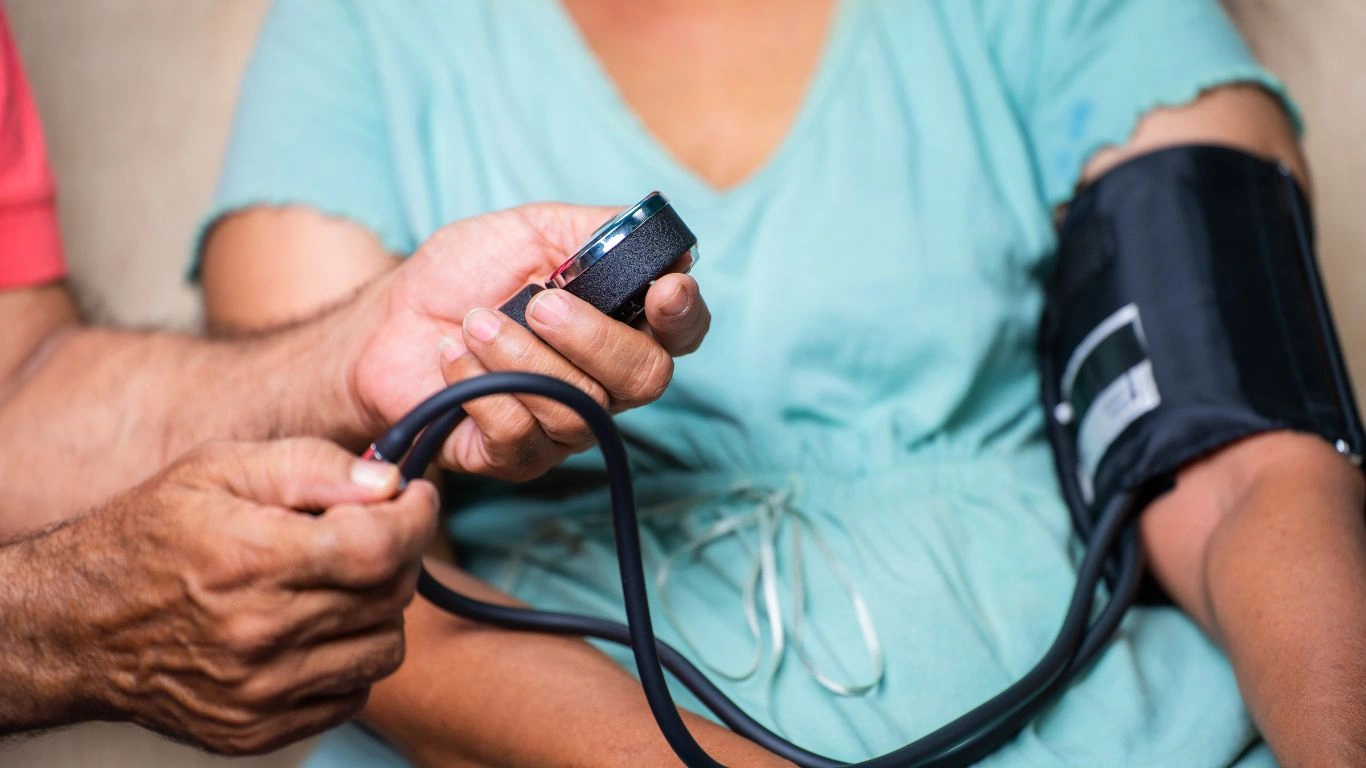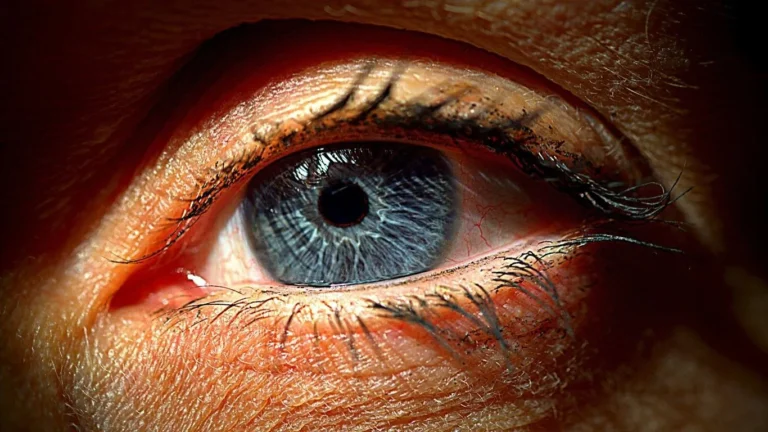Blood Pressure and Heart Attack Risks: What You Need to Know
Ever heard the saying, “Your heart is your engine”? Well, it’s true. And like any engine, it can run into trouble if it’s under too much pressure—literally! Let’s dive into the link between blood pressure and heart attack risks, and how you can keep things running smoothly.
Why Blood Pressure Matters for Heart Health
 Blood pressure isn’t just a random number your doctor mentions during checkups. It’s a major player in how well your heart functions. Think of it like water flowing through a garden hose. Normal pressure keeps the water flowing evenly, but too much pressure can strain or even damage the hose. In this case, the “hose” is your arteries, and the damage can lead to serious issues like heart attacks.
Blood pressure isn’t just a random number your doctor mentions during checkups. It’s a major player in how well your heart functions. Think of it like water flowing through a garden hose. Normal pressure keeps the water flowing evenly, but too much pressure can strain or even damage the hose. In this case, the “hose” is your arteries, and the damage can lead to serious issues like heart attacks.
What Is High Blood Pressure?
 High blood pressure (or hypertension) happens when the force of blood against your artery walls is consistently too high. Over time, this can make your heart work harder than it should, leading to thickened heart walls and weakened arteries. This is where the trouble begins.
High blood pressure (or hypertension) happens when the force of blood against your artery walls is consistently too high. Over time, this can make your heart work harder than it should, leading to thickened heart walls and weakened arteries. This is where the trouble begins.
How High Blood Pressure Leads to Heart Attacks
Here’s the deal: high blood pressure damages your arteries, making them less flexible. This damage creates tiny tears where cholesterol can sneak in and form plaque. Over time, that plaque builds up, narrowing your arteries (a condition called atherosclerosis). If a plaque chunk breaks off, it can cause a blockage—hello, heart attack!
Are You at Risk?
 Wondering if you’re in the danger zone? Here are some common risk factors for high blood pressure and heart attacks:
Wondering if you’re in the danger zone? Here are some common risk factors for high blood pressure and heart attacks:
1. Lifestyle Choices
A diet packed with salty or processed foods, not getting enough exercise, smoking, and drinking too much alcohol are all culprits. But hey, the good news is these are things you can control!
2. Genetics
If heart disease or high blood pressure runs in your family, you’ve got a higher chance of experiencing it too. While you can’t choose your genes, knowing your family history can help you stay proactive.
3. Age
Let’s face it: as we get older, our arteries naturally lose some flexibility. This is why regular checkups become even more important with age.
How to Lower Your Risk
 Want to keep your heart in top shape? Here’s how you can manage your blood pressure and cut down your heart attack risk:
Want to keep your heart in top shape? Here’s how you can manage your blood pressure and cut down your heart attack risk:
1. Eat Smart
Load up on fruits, veggies, whole grains, and lean protein. And watch the salt! Too much sodium can spike your blood pressure faster than you’d think.
2. Get Moving
You don’t need to become a gym rat, but even 30 minutes of walking a day can do wonders for your heart and blood pressure.
3. Manage Stress
Life’s stressful, but chronic stress can send your blood pressure soaring. Try deep breathing, meditation, or even a hobby to keep your stress levels in check.
4. Keep Tabs on Your Health
Know your numbers! Regular blood pressure checks can help you spot issues early.
5. Medications
If lifestyle changes aren’t enough, your doctor might prescribe medication to help keep things under control. No shame in that—it’s about staying healthy!
Final Thoughts
Blood pressure and heart attack risks are tightly connected, but it’s not all doom and gloom. By taking small, consistent steps, you can significantly reduce your risk and keep your heart in good shape. Remember, your heart’s working hard for you—make sure you’re doing the same for it!
Appendices
References
- American Heart Association (AHA). (2024). Understanding Hypertension. Read Article
- National Institutes of Health (NIH). (2023). Hypertension and Cardiovascular Risks. Read Article
- Smith, R. et al. (2022). Blood Pressure Management. Journal of Cardiovascular Research, 45(3), 250-265. Read Article
FAQs
- What is considered high blood pressure? High blood pressure is typically defined as 130/80 mmHg or higher, but this may vary based on individual circumstances.
- How often should I check my blood pressure? Regular monitoring is recommended, especially if you have risk factors. Home devices can also help track trends.
- Can high blood pressure be cured? While it may not be fully curable, it can often be effectively managed through lifestyle changes and/or medications.
- What are the early signs of heart attack risk? Symptoms like chest discomfort, shortness of breath, and fatigue may signal a problem. Consult your doctor if you notice these.
- Are there natural ways to lower blood pressure? Yes! Regular exercise, a balanced diet, and stress management can all contribute to lowering blood pressure naturally.
Disclaimer: This article is for informational purposes only and is not a substitute for professional medical advice. Always consult your healthcare provider for personalized guidance.

Dr. Gwenna Aazee is a board-certified Internal Medicine Physician with a special focus on hypertension management, chronic disease prevention, and patient education. With years of experience in both clinical practice and medical writing, she’s passionate about turning evidence-based medicine into accessible, actionable advice. Through her work at Healthusias.com, Dr. Aazee empowers readers to take charge of their health with confidence and clarity. Off the clock, she enjoys deep dives into nutrition research, long walks with her rescue pup, and simplifying medical jargon one article at a time.







